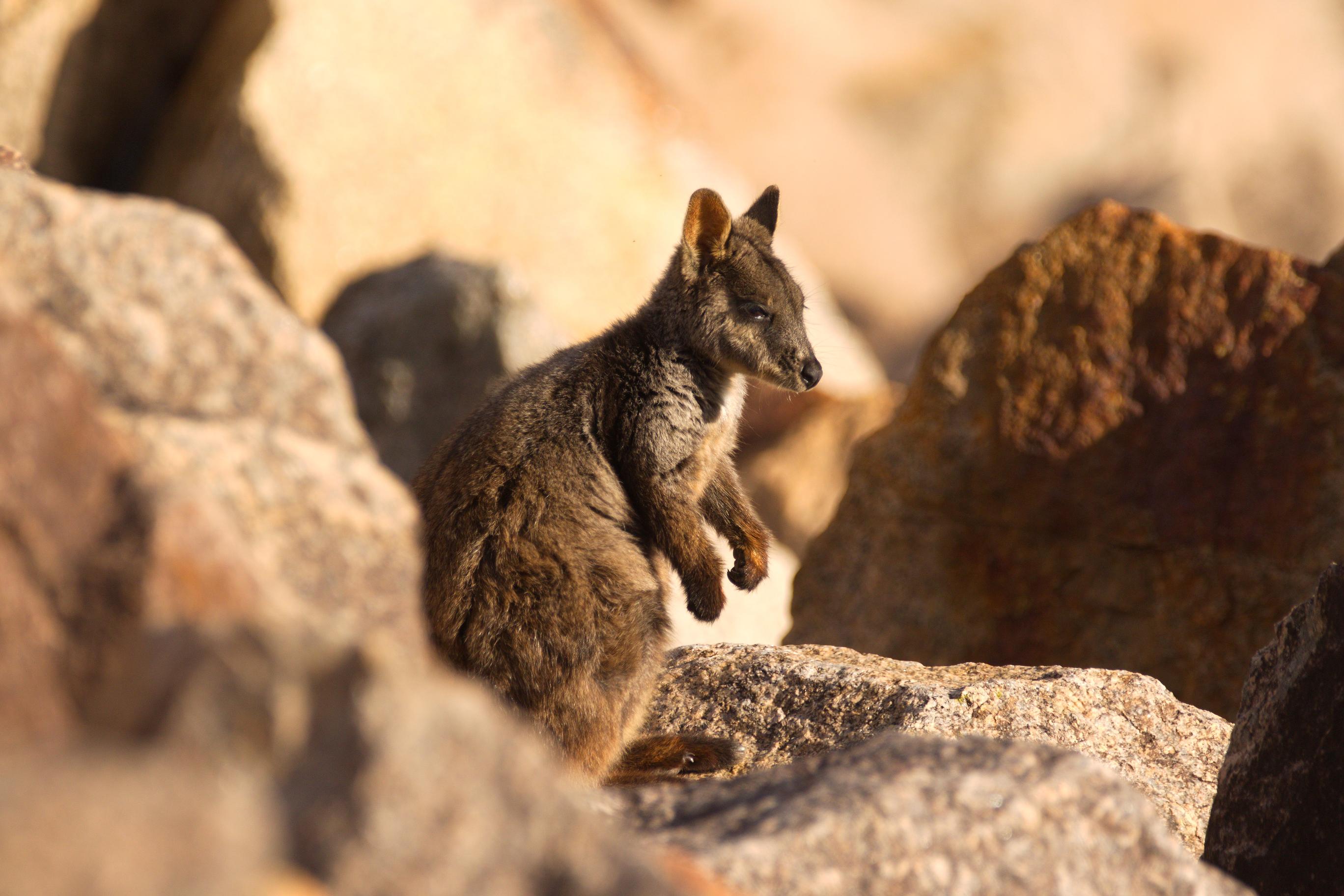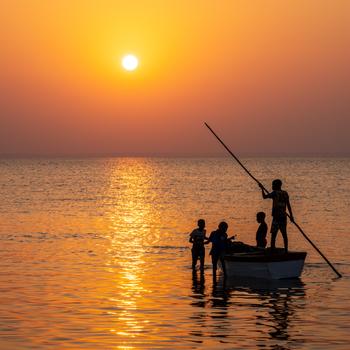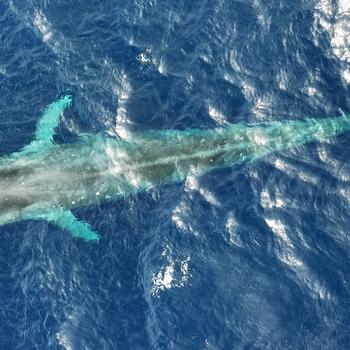Editor's note: News about conservation and the environment is made every day, but some of it can fly under the radar. In a recurring feature, Conservation News shares a recent news story that you should know about.
Australia has lost more mammals to extinction than any other continent.
That bleak statistic is behind the country’s new strategy to protect 110 species over the next decade — and squash its reputation as “the mammal extinction capital of the world,” according to Australia’s Environment and Water Minister, Tanya Plibersek.
The Threatened Species Action Plan aims to prevent new extinctions; it comes on the heels of a five-year survey that found Australia’s wildlife and ecosystems face a much greater challenge from climate change than previously thought. The 2019-2020 bushfires alone, which were exacerbated by climate change, are responsible for the deaths and displacements of billions of animals.
While some conservationists are encouraged by the plan’s commitments, it has raised questions about what species are worth protecting in a high-stakes situation, Lisa Cox reported for The Guardian.
In identifying just 110 priority species out of the nearly 2,000 listed as threatened in the country, critics say the strategy picks “winners” — such as the koala, the brush-tailed rock wallaby and the Australian sea lion.
They warn the plan doesn’t go far enough in addressing the underlying causes of Australia’s environmental decline — land clearing, invasive species and the continued reliance on fossil fuels — and falls short of investments needed to combat the biodiversity and extinction crisis, including new environmental laws and more funding.
Australia spends about around 7 percent of the targeted 1.6 billion Australian dollars ($1 billion) per year required to halt species loss and recover nationally listed threatened species, according to economic analyses.
Australian authorities say prioritizing certain species doesn’t equate to ignoring others. Rather, the priority species are key to entire ecosystems.
“And if we focus on those species, we create a kind of halo effect for the whole ecosystem the plant or animal is part of,” Plibersek told the Australian Broadcasting Corporation’s Radio National.
While it’s the first time Australia has set a zero-extinction target, the plan builds on the country’s commitment to protect 30 percent of its land and sea by 2030 — up from the current 22 percent that’s protected.
The Threatened Species Action Plan includes protecting 50 million hectares (123 million acres) of land and sea by 2027. And there’s plenty of research showing that well-managed protected areas are a powerful tool for conserving wildlife.
A recent study, which Conservation International contributed to, examined mammal diversity in protected and non-protected areas — and found that diversity in protected areas outperformed non-protected areas by 66 percent.
Another study led by Lee Hannah, Conservation International’s senior climate change scientist, found that limiting temperature increase to 2 degrees Celsius while conserving 30 percent of tropical lands could cut species extinction risk in half.
And protecting land “isn’t just about creating national parks or protected areas (although that’s a good start for many places),” Hannah told Conservation News. “There is a whole suite of possible conservation tools that a government can implement to protect biodiversity while benefiting from the land, including community conservancies, Indigenous-managed conservation areas and land-use zoning.”
“The most important thing to do is figure out which conservation system is the best option for a local setting based on social environments, land uses, development needs, the species you are trying to protect and more,” he added.
Read the full story here.
Mary Kate McCoy is a staff writer at Conservation International. Want to read more stories like this? Sign up for email updates. Also, please consider supporting our critical work.



